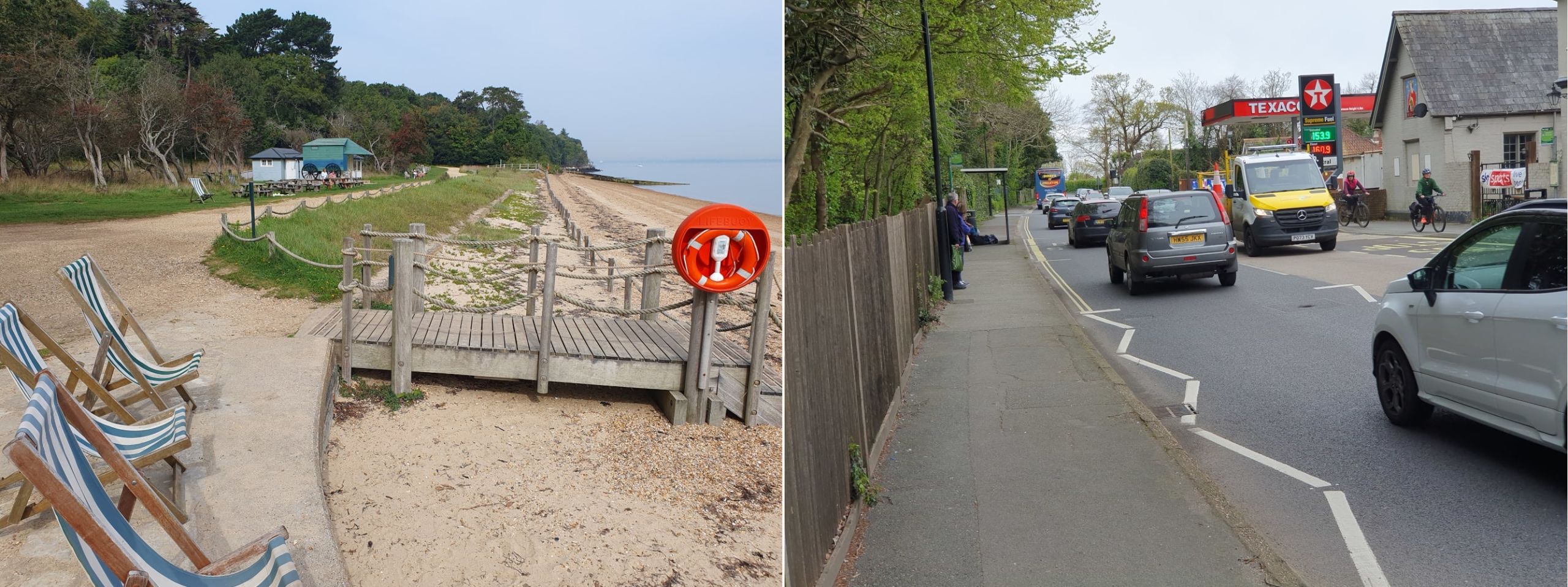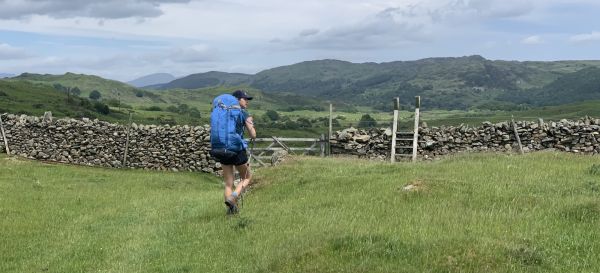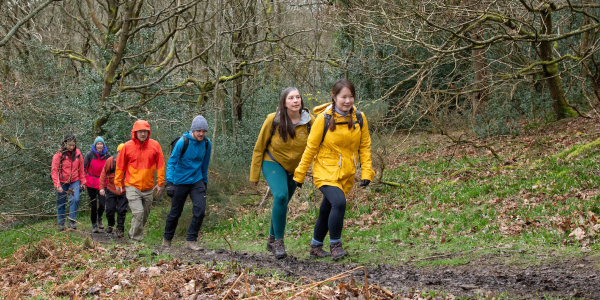Help England's Coast Path follow the Isle of Wight's coast
Join us in opposing plans to force coastal path walkers along a hazardous inland road

26 September 2025
Bosses at Queen Victoria’s beloved rural retreat have come under fire for blocking the King Charles III England Coast Path from crossing their 354-acre estate.
English Heritage, which manages Osborne House estate on the Isle of Wight, has refused to allow a 300-metre stretch of the national trail to pass along its historic beach, where Victoria and Prince Albert once bathed and their children learned to swim.
Instead, a newly-unveiled proposed route will divert walkers inland, taking them alongside the “unpleasant and dangerous” A3201 road and adding two miles to the route between East Cowes and Wootton.
Now, we have the opportunity to respond to Natural England’s absurd proposals – and we need your help to make our voices heard!
Join us in the fight by responding to the consultation before 22 October
Download the pre-filled consultation form and fill in section 9 with your details (name, address, phone and email). Send to southcoastalaccess@naturalengland.org.uk. Don’t forget to include campaigns@ramblers.org.uk
Queen Victoria’s successor, Edward VII, gifted Osborne House to the nation on his Coronation in 1902. Today it is accessible only to paying visitors.
After seven years of debate, Natural England last week (27 AUG) unveiled a proposed inland route which adds two miles to the route between East Cowes and Wootton and sends walkers inland alongside the “unpleasant and dangerous” A3021 road.
The Ramblers, Britain’s walking charity, has criticised English Heritage’s stance.
Jack Cornish, The Ramblers’ Director of England, said: “We urgently need English Heritage to rethink its stance on this. Instead of supporting the completion of this iconic coastal route, walkers - including families with young kids - are being forced on to unpleasant and dangerous pavements beside busy roads, miles from the sea. It is common sense: The King Charles III England Coast Path must follow the coast."
Though English Heritage pledged cooperation in 2022, it now claims the path would ‘negatively impact’ its conservation work and create a security risk for 10,000 royal items at the estate.
However, campaigners have pointed to popular public paths at high-profile heritage sites, including Blenheim Palace, Stourhead and Balmoral Castle.
This stretch between East Cowes and Wootton is one of the ‘last pieces in the jigsaw’ for the 2,700-mile King Charles III England Coast Path, the only part of England’s coastline with no proposed or existing public access.
Local residents have emphasised the potential £60 million annual economic boost of a truly coastal off-road national trail to the Isle of Wight’s fragile economy.
Mike Slater, Isle of Wight Ramblers’ Footpath Secretary, said: “In 2009, Parliament passed legislation to establish the England Coast Path, a world-leading 2,700-mile facility for active tourism, for healthy recreation, and for the appreciation of nature and our heritage. It recognises that on a crowded island we need to develop a smart approach to use our landscape to meet a range of different requirements. The National Trust show us how this can be achieved across many of its properties.”
David Howarth, former Area Chair of Isle of Wight Ramblers, said: “The new National Trail is a gift to the Island. We do not want to squander an opportunity to showcase all of our magnificent coast. A route that closely follows the coastline benefits both users and landowners by minimising the need for additional public access areas, known as spreading room.”
Campaigners have suggested many solutions - like fencing or nighttime closures - but English Heritage has so far refused to compromise.
Natural England has launched an 8-week public consultation on the plans, via this website. View a map of the proposed Isle of Wight route here, showing the inland diversion at section 1 near East Cowes.
The Ramblers is urging people to take part in the consultation and contact English Heritage, Isle of Wight councillors, and MPs to supports its campaign before the 22 October consultation deadline.

A stile every mile – millions missing out on benefits of walking due to outdated barriers in countryside
Physical barriers, such as stiles, currently prevent 1 in 4 people using the path network – meaning millions of people are potentially missing out on the physical and mental health benefits of walking in nature.

Access to nature inquiry launched by All-Party Parliamentary Group
Laws need to change to give people better access to nature closer to their homes, the chair of a new All-Party Parliamentary Group (APPG), Andy MacNae MP, has said.
-min-min.jpg?itok=HGFln_4D)
Stunning stretch of the South West Coast Path named Britain’s Favourite Path 2025
A stunning stretch of the South West Coast Path named Britain’s Favourite Path 2025.